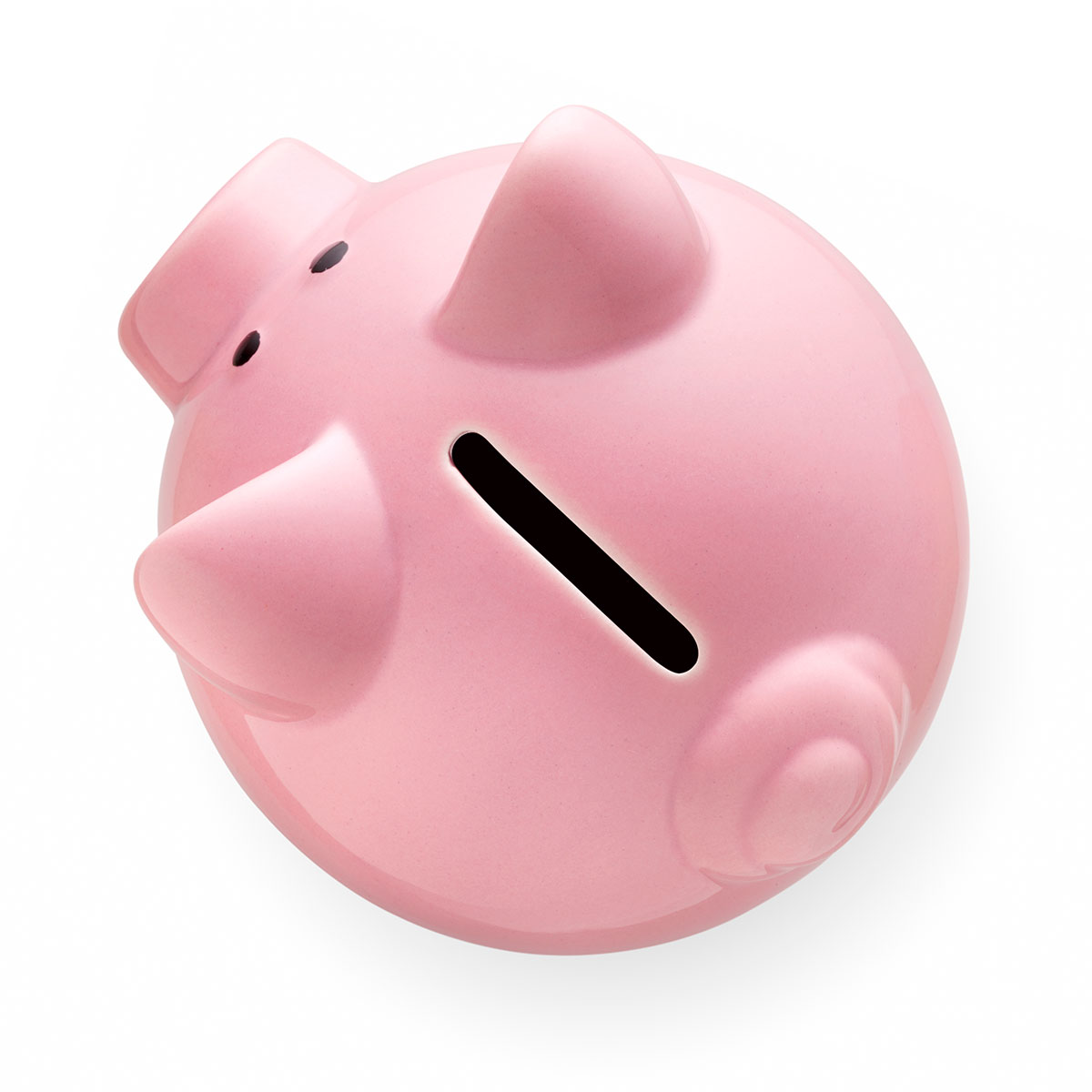When you book your next dental cleaning, you may have a pretty lengthy list of questions to ask your dentist. But, your hygienist is a great person to start with. The “nurses of the dental field,” Registered Dental Hygienists typically hold a 4-year degree in dental hygiene (completing many of the same scientific courses that Registered Nurses do,) in addition to undergoing stringent continuing education teach year. They often have more answers to your questions that you might suspect!
Here are some common oral health questions that you might want to run by your dental hygienist during your next cleaning:
Why Can’t I Get My Breath Under Control?
Your hygienist will assess a variety of situations during your cleaning, not just how much buildup is on your teeth. After thoroughly reviewing your health history, he or she can help you determine the root cause of your halitosis. Don’t worry, it may seem like an embarrassing subject, but more people struggle with it than you realize. From figuring out whether the culprit is your diet, seasonal allergies or conditions like acid reflux disease, your hygienist may be the best bad breath detective that you can find.
Do I Really Need That Filling?
If your dentist recommends treatment that you’re not comfortable with, it’s ok to express those doubts to the hygienist after your exam. In many situations, your hygienist has more time to discuss the treatment at length with you, giving you further details as to why a certain procedure may or may not be so urgent. Most of the time, people are hesitant to move forward with treatment because they don’t fully understand the process, need, cost, or experience. Your hygienist can help you get all of those answers before you leave! There might just be a discount option that you didn’t now was available.
Why Do I Need a Deep Cleaning? Can’t You Just Polish My Teeth?
The type of cleaning that your hygienist provides will depend on whether any gum disease is present in your mouth. Although you might think that periodontitis isn’t very serious, it’s the #1 cause of adult tooth loss. In fact, severe gum disease can put you at risk for pneumonia, heart disease, stroke, erectile dysfunction, and a dozen other linked health conditions.
Your hygienist will use different tools and spend much more time cleaning areas of gum disease properly, as opposed to what is performed during a “routine” preventive cleaning. Even your dental insurance policy will dictate which type of coding is used (which is dependent on the level of health inside of your mouth.) You don’t want to force your hygienist into committing insurance fraud!
Do I Really Have to Lay Back So Far?
You wouldn’t believe how many people feel like they’re standing on their head during their dental visit. While it feels like you’re about to fall out of the chair backward, we guarantee that you won’t. The true reason for this positioning is to make it ergonomically possible for your hygienist (and dentist) to function day in and day out, year after year.
Did you know that hygienists have one of the highest rates of occupational injuries of any job position? If you love your hygienist, be a bit forgiving so they won’t have to go to the chiropractor every week or retire after five years of practice. But all the same, let them know if you’re uncomfortable.
Which Toothpaste Should I Be Using?
It’s not just a catch phrase from commercials…you really should be asking your hygienist which toothpaste is best for you. Some formulas are tailored to tackle certain oral health problems while others or not. If you have sensitive teeth, be sure to mention if your current toothpaste is a whitening blend. You might just be surprised at what you need to switch to.
Why Are My Gums Bleeding?
Have your hygienist assess the areas of your mouth that might feel sensitive, swollen, or tend to bleed when you brush and floss. Bleeding is usually indicative of some form of infection, but it could also be associated with medications that you take, underlying health problems (like anemia,) or even an issue with a specific tooth. Generally, gingivitis will go away after a couple of weeks if you’re flossing daily. Persistent symptoms need to be addressed with your dental team.
You might not know it, but your hygienist can also screen for oral cancer, underlying systemic disease symptoms, and offer advice regarding nutrition, supplements, treatment options available, or discuss your occlusion (the way your teeth bite together.) While we listed a few examples here, the questions that your RDH is equipped to answer certainly doesn’t stop here!
So, make the most of your time with your dental hygienist. If you’ve been putting off getting regular cleanings and other preventive dental care due to budget issues, a dental savings plan can help you reduce you dental costs by 15%-50%. Don’t wait to get the dental care you need, find out more about dental savings plans today!







